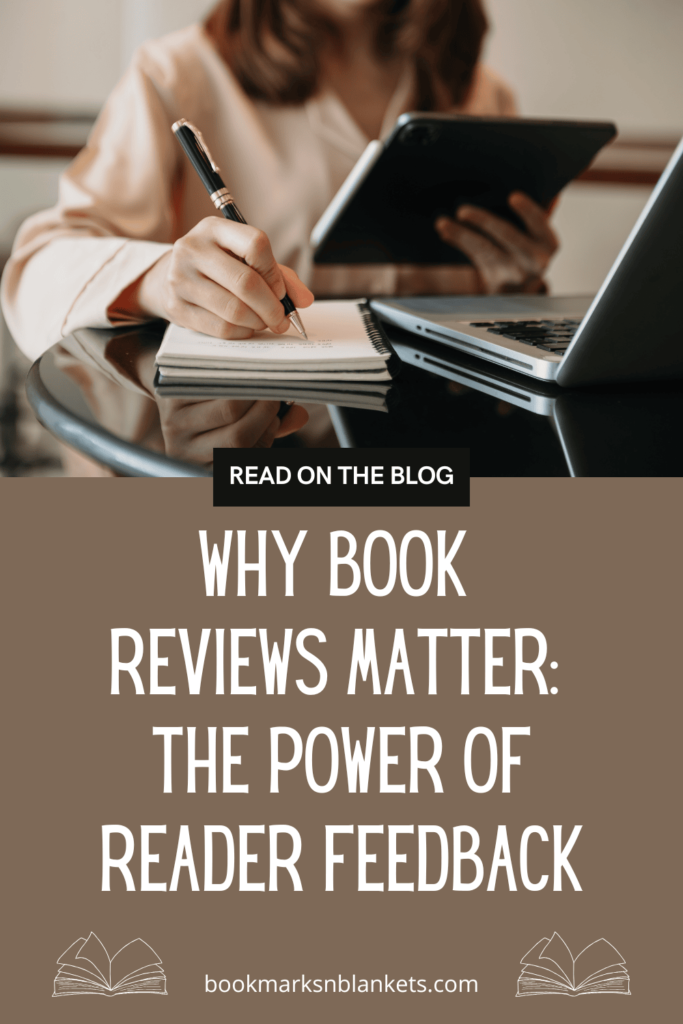Book reviews are a fundamental part of the literary ecosystem. They serve as a bridge between authors, readers, and publishers, influencing book sales, shaping literary discussions, and guiding readers toward their next great read. Whether left on Amazon, Goodreads, a personal blog, or social media, book reviews hold immense value.
But why do book reviews matter so much? This blog will explore the significance of book reviews from multiple perspectives: authors, readers, publishers, and the broader literary community.
1. How Book Reviews Help Authors
a. Visibility and Discoverability
For authors, especially independent and self-published ones, visibility is everything. The sheer volume of books released each year makes it difficult for any single book to stand out. Book reviews increase a book’s visibility, especially on platforms like Amazon and Goodreads, where the algorithm favors books with frequent engagement. More reviews mean a higher chance of appearing in recommendations and search results.
b. Credibility and Social Proof
In a world where readers have countless options, credibility matters. A book with multiple reviews signals to potential buyers that others have read and engaged with it. Positive reviews act as endorsements, assuring readers that the book is worth their time and money. Even critical reviews contribute by providing balanced perspectives, making the book appear more authentic.
c. Motivation and Constructive Feedback
Writing is a solitary endeavor, and many authors struggle with self-doubt. Genuine reviews, whether glowing or constructive, provide authors with motivation and encouragement. Constructive criticism helps writers improve their craft, while praise reinforces their strengths. Many authors read reviews to understand their audience’s preferences and to refine their future work.
2. Why Book Reviews Matter to Readers
a. Guidance in Choosing Books
With thousands of books published yearly, choosing what to read can be overwhelming. Book reviews act as a filter, helping readers find books that align with their interests, genres, and preferred writing styles. Reviews highlight themes, pacing, character development, and writing quality, making it easier for readers to make informed choices.
b. Honest Reader Experiences
Unlike marketing blurbs and publisher descriptions, book reviews provide real, unbiased reader experiences. They offer insights into a book’s strengths and weaknesses, helping readers determine if it matches their expectations. A review that mentions a slow-paced plot or an unexpected twist can be the deciding factor for a potential reader.
c. Community and Discussion
Book reviews foster literary communities. Platforms like Goodreads and book blogs create spaces where readers discuss their interpretations, debate character choices, and share emotional responses. These discussions deepen a reader’s connection to a book and encourage engagement with others who share similar tastes.
3. The Role of Book Reviews in Publishing and Marketing
a. Publisher Interest and Media Coverage
Publishers, literary agents, and bookstores pay attention to book reviews. A well-reviewed book stands a higher chance of getting featured in major media outlets, book fairs, and promotional campaigns. Even for traditionally published authors, early reviews can impact marketing strategies, influencing print runs, advertising budgets, and bookstore placements.
b. Impact on Sales and Bestseller Lists
A book’s success often hinges on word-of-mouth promotion, and reviews are a major driver of that. Highly reviewed books have a better chance of making it onto bestseller lists, as sales algorithms consider engagement levels. A book with hundreds of positive reviews will likely attract more readers than one with few or none.
c. Influence on Awards and Recognitions
Many literary awards and book competitions consider reader reviews and ratings when selecting nominees. A book with strong reader engagement can gain recognition from literary circles, increasing its chances of winning awards or being shortlisted for prestigious honors.
4. The Importance of Honest and Ethical Reviews
a. Authenticity Over Fake Reviews
While reviews are beneficial, fake or paid reviews can be misleading. Ethical reviewing practices ensure that potential readers receive genuine opinions rather than biased endorsements. Honest reviews help maintain the integrity of the literary community.
b. Balanced Criticism
Not every review needs to be a five-star rating. Constructive criticism is just as valuable as praise. A well-balanced review provides insights into both the book’s strengths and areas for improvement, helping readers make informed decisions and giving authors useful feedback.
c. Respectful Reviewing Practices
While everyone is entitled to their opinion, it’s essential to maintain respect when reviewing books. Constructive criticism should be specific and fair, avoiding personal attacks on the author. Respectful discourse fosters a positive literary environment where all opinions are valued.
5. How Readers Can Support Authors Through Reviews
a. Leaving Reviews on Multiple Platforms
Readers can maximize their impact by leaving reviews on multiple platforms, including Amazon, Goodreads, and personal blogs. Each platform has a different audience, and broader exposure helps a book reach new readers.
b. Writing Thoughtful and Specific Reviews
A meaningful review goes beyond “I liked this book.” Readers can mention what specifically stood out—whether it’s the world-building, character development, or emotional depth. Even short reviews that highlight key aspects can be helpful.
c. Engaging in Book Discussions
Sharing reviews on social media, joining book clubs, or participating in online discussions helps books gain traction. Word-of-mouth remains one of the most powerful marketing tools, and personal recommendations often lead to increased readership.
Conclusion: Why Your Book Review Matters
Book reviews are more than just opinions; they are an essential part of the literary world. They help authors gain recognition, guide readers to their next great read, and influence the publishing industry. Whether you’re a casual reader, an aspiring writer, or a dedicated book reviewer, your voice matters. The next time you finish a book, consider leaving a review—it could make all the difference for both the author and future readers.
PIN FOR LATER


